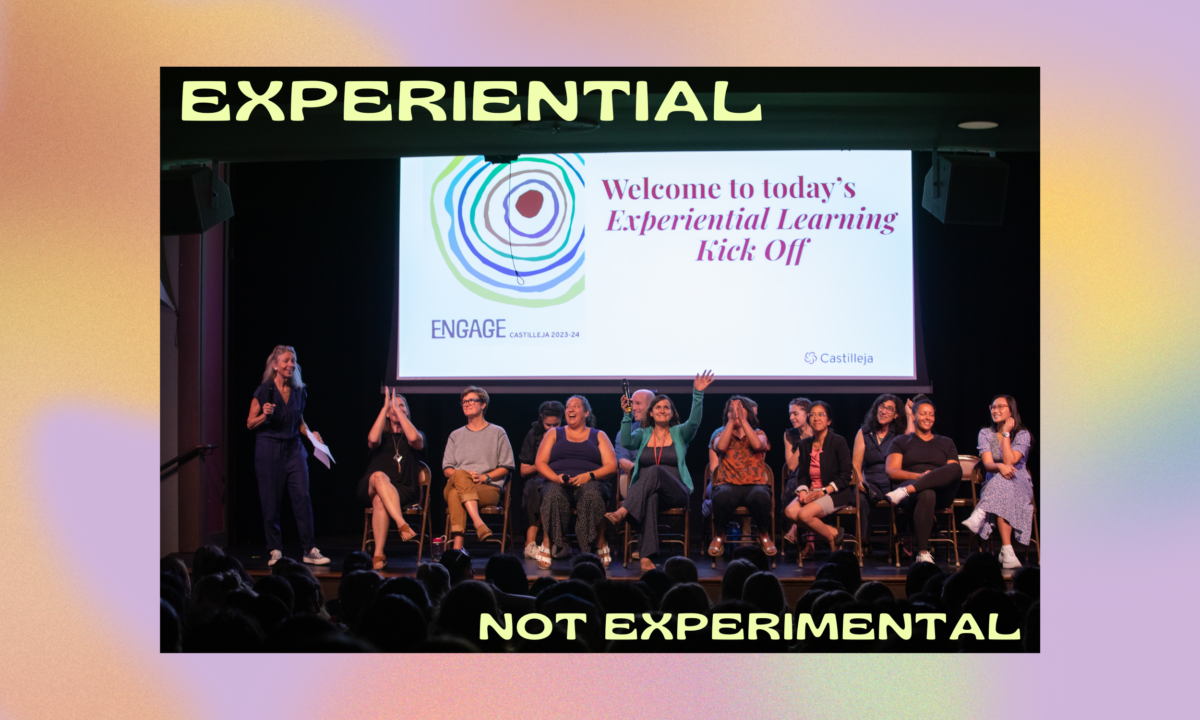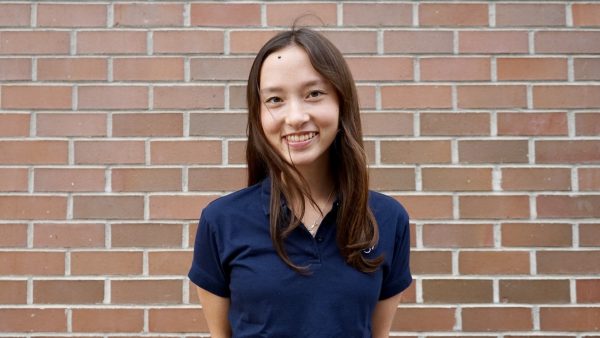Castilleja’s acting head of school Kathy Layendecker announced Tuesday that experiential learning afternoons will be suspended starting Oct. 4.
Members of the administration, including Josee Band and Heidi Gallegos, are working on revising the schedule. “Our goal is to return to a schedule that is very similar to the one last year, so there won’t be big surprises,” Band said. “I’m hoping for it to be as fast as possible.”
When asked about the decision to suspend experiential learning Wednesdays, Band said, “We decided to pause because maybe we had been a little bit too hasty with [the ICA structure].” She continued, “I hope that students really understand that we’re not turning away from experiential learning. We just want to make the student experiences even richer and more inspiring than they already are and do it in a way that’s intentional and organized.”
Castilleja held an Experiential Learning “kick-off assembly” Aug. 30, just one week into the new school year. Members of the faculty introduced the various Interdisciplinary Content Areas (ICAs) that would become the heart of these 3-hour blocks dedicated to experiential learning on Wednesdays.
Experiential learning has long been ingrained into opportunities such as ACE Orgs, global investigator trips and projects in the Bourn Lab. According to Band, the school created an “Extended Opportunity” period roughly seven years ago, which allowed teachers from different disciplines to collaborate. But then, COVID-19 shut everything down. “That was really the turning point for experiential learning,” Band said.
The team working on experiential learning this year sought to ensure that students had more input on what they wanted to learn and experience. According to Band, the faculty spent this past summer organizing activities with the intent to help students understand the connection between different disciplines. ICA topics were assigned to specific grades by analyzing each class’ current curriculum and trying to match it with a larger issue.
“Castilleja teachers have always had this search for creating experiences for students beyond the classroom,” Band stated. “We just wanted something that went beyond the walls of the classroom.”
Layendecker noted in her email to the entire Castilleja community Tuesday that in addition to the suspension of experiential learning afternoons, community time will be “reduced.” Instead, the class rotation will be similar to the one last year, and teachers will shift their curriculum to fill the restored class time.
She attributed this decision to the fact that there is “too much time passing between class meetings” and that the new schedule is “not serving [the school’s] overall teaching and learning goals.”
Ameena Haque ‘26 shared her thoughts on how the current schedule with extra study halls and more time between classes affects students’ wellbeing: “With the ICA and community time, the homework doesn’t pile up. That’s something I really love because then I’m not stressed about homework due the next day, and I can go to sleep earlier.” She added, “If we go back to the old schedule, we’ll probably have less time for affinity group meetings, ACE Orgs, and other activities.”
Students in grades 7th through 11th had their first experiential learning block Wednesday. Several members of the community interviewed by Counterpoint said they were disappointed that this would also be their last ICA Wednesday.
“It’s frustrating that they brought up this idea [of ICA time], and now that we’ve had one of them, they’re taking it away,” Sierra Verma ‘26 said. “I feel like experiential learning is good for the students. The one session that we had was chill, and I really enjoyed it.”
“My greatest sadness is that I was really excited to see what the senior projects would become, and now I will never know,” said Tasha Bergson-Michelson, co-lead of the senior collaborative projects ICA. “Our students have the incredible capacity for facing an experience and getting so much from it if they choose to. I was really looking forward to that journey.”
However, Band said she doesn’t believe that students would become attached to the ICA blocks after only one session: “I don’t think that the students were so enamored or so committed to these experiential Wednesdays that it’s going to feel like a loss for them, honestly,” she said. “But this is not an ideal situation. We understand that students would have liked to have a schedule and stuck with it.”
Band said she hopes that this transition will be “relatively painless” and said she is working to preserve study halls for students. Bergson-Michelson concluded, “What [experiential learning] will look like in the future is clearly something that we’re trying figuring out the best way to do, but we have a lot of teachers on campus who are going to make it an extraordinary part of our everyday lives.”



